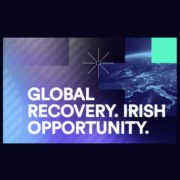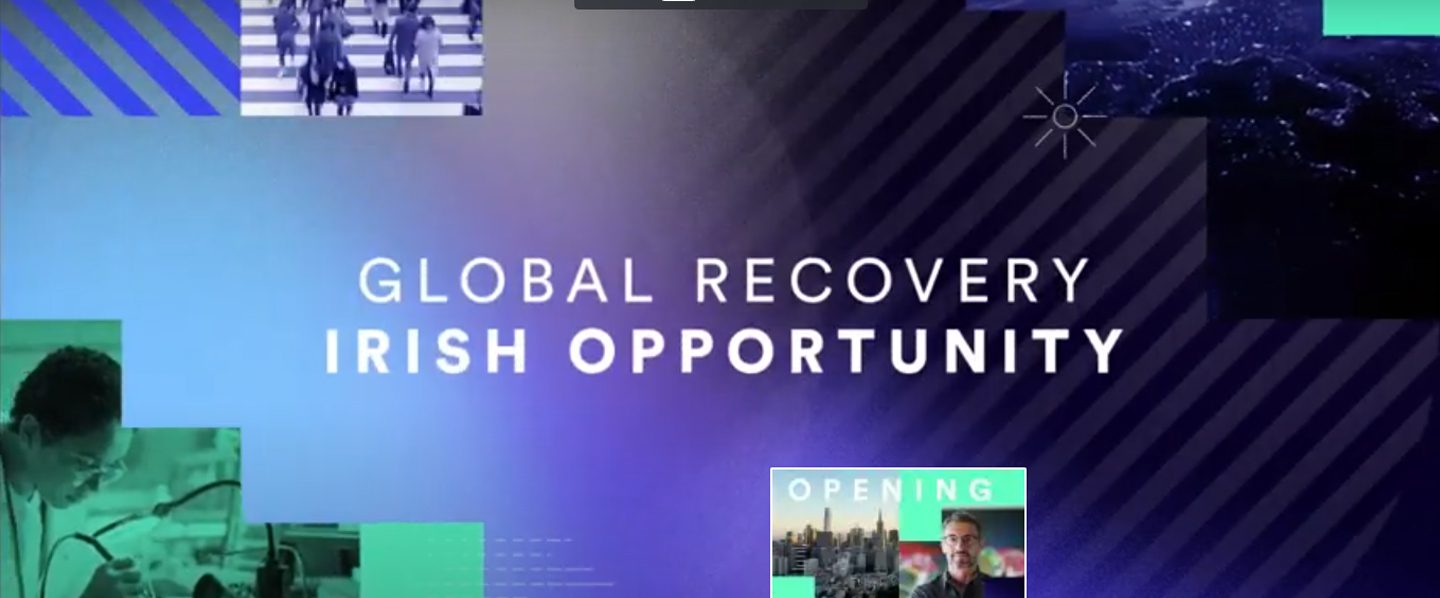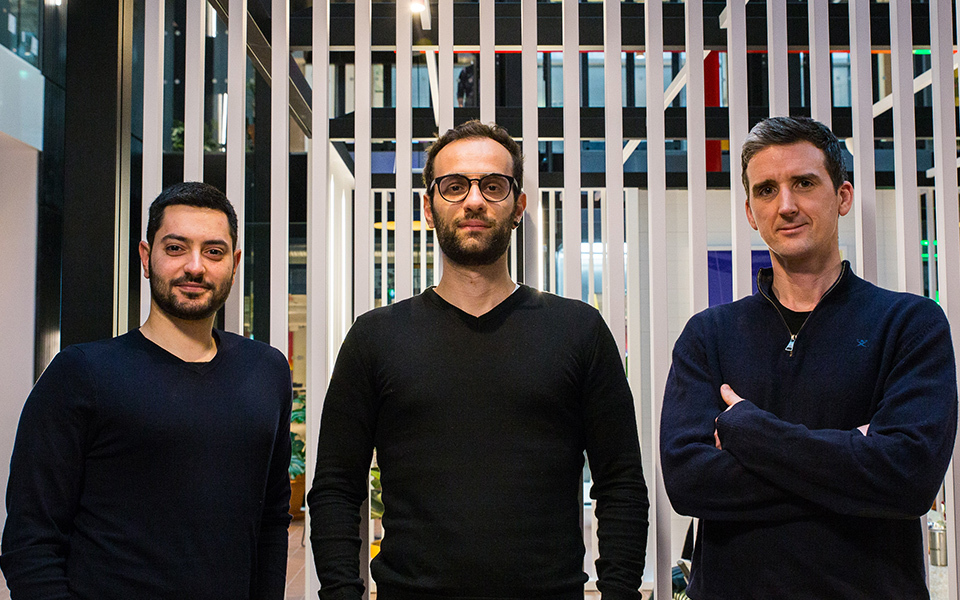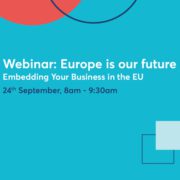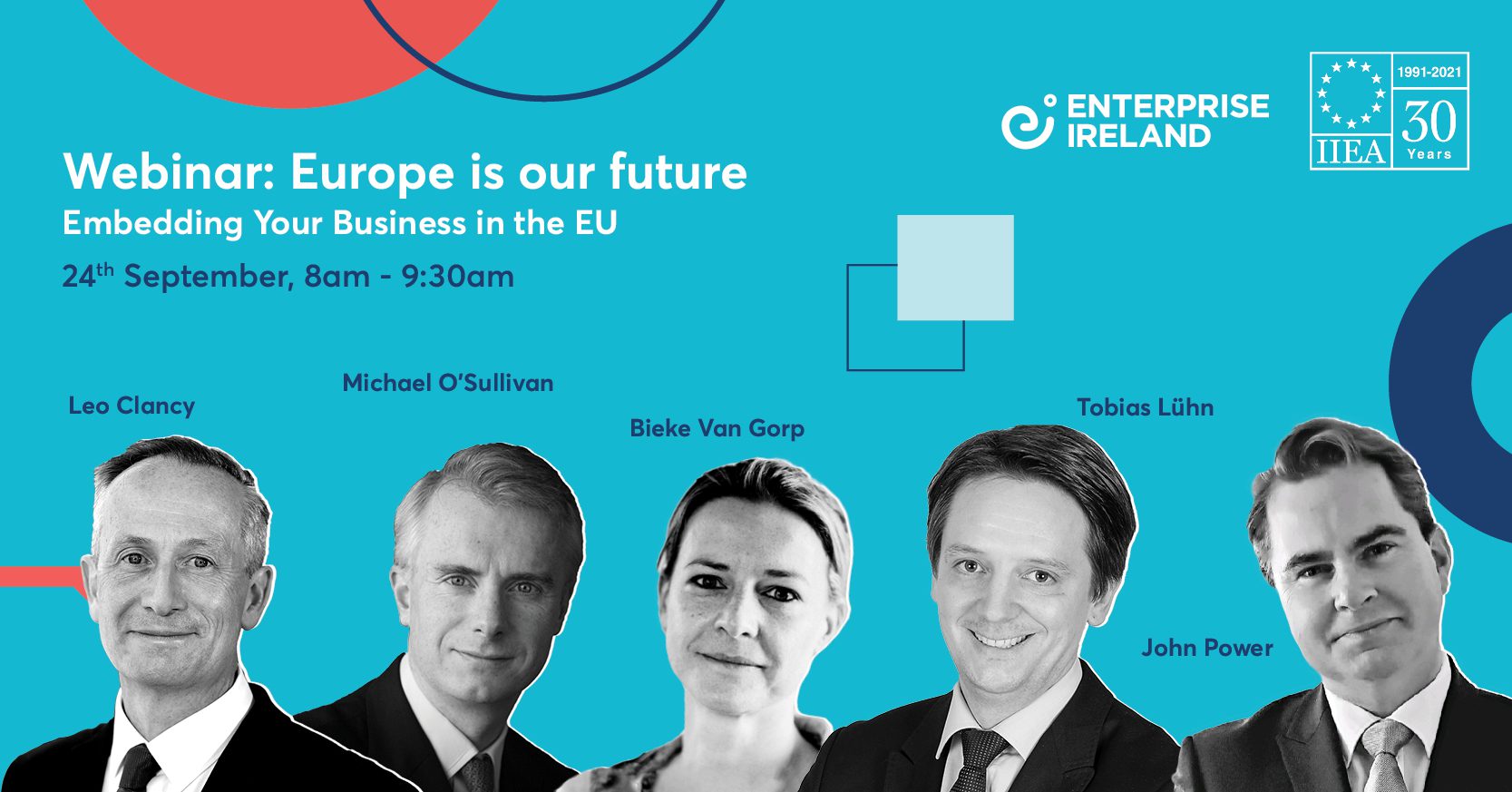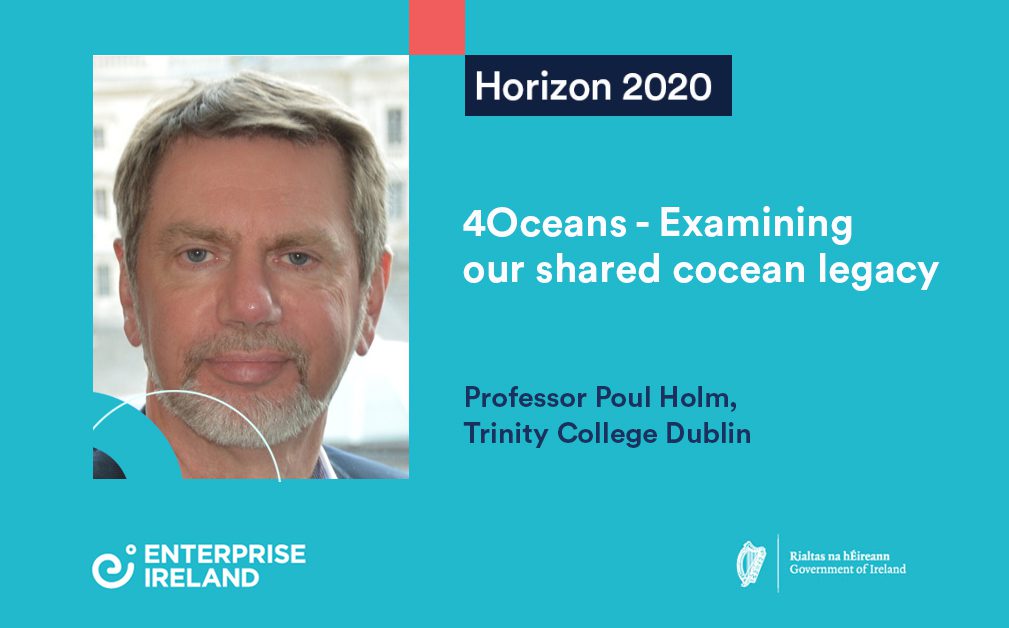+CityxChange helping to create the positive energy cities of the future
“Horizon 2020, and its successor Horizon Europe, are designed for innovation. It enables participants to take risks and therefore achieve more.”
Terry Connolly, Limerick City and County Council, +CityxChange project
Key Takeouts:
H2020 Case Study: CityxChange
The European Union’s (EU) ambitious vision of creating positive energy cities – those that generate more energy than they use – is being advanced by a major pan-European project, +CityxChange, running over five years.
The aim of the project, which has received €24m from the EU’s Horizon 2020 programme, is to create positive energy blocks within two ‘lighthouse’ cities and then roll out the learning and solutions across five other European cities. This will establish a blueprint for creating energy positive urban environments, essentially co-creating solutions to global-scale challenges at the local level.
Trondheim, Norway and Limerick, Ireland, are the lighthouse cities, but as Terry Connolly of Limerick City and County Council explains, the challenges in each are very different.
“Trondheim’s positive energy block is a new build that was designed to be energy positive. In Limerick we’re trying to do the same thing with Georgian buildings, which is a massive challenge,” says Connolly.
Limerick City and County Council is working with a number of expert partners to develop solutions for buildings located in the Georgian Innovation District to help generate more energy than they consume and allow for any excess energy to be returned to the grid.
+CityxChange involves extensive data collection, engaging communities, upgrading building stock, accelerating the clean energy transition and balancing energy use. Despite the challenges, however, including the impact of Covid delaying the energy monitoring elements, the project is progressing well.
“We’ve completed the data collection and building modeling work and are well advanced with citizen engagement. The response from the public has been great.”
“We’ve recruited 20 energy champions in Limerick who are demonstrating how they are changing their energy use, and we have funded several small community innovative energy positive projects through open calls,” says Connolly.
+CityxChange’s extensive remit is being delivered by a consortium consisting of 32 partners across Europe including city municipalities, universities, and businesses and organisations in the fields of research, technology, community engagement, energy production/distribution and logistics.
“In essence we’re looking at how digital technologies can be exploited to improve quality of life, make cities more climate-friendly and productive, and facilitate business development,” says Connolly.
Horizon 2020 supporting innovation
Connolly has been involved in numerous European projects over many years, which have spanned a wide range of funding mechanisms. He believes Horizon 2020 and its successor Horizon Europe are perfectly designed to support innovation.
“Some funding mechanisms can generate a lot of paperwork for participants, in particular those that are based on having to spend money first and then claim it back. I believe that can make people risk averse because they’re afraid they might not get their money back”.
“Horizon 2020 is high quality funding; it’s designed for innovation. Of course, you still have all the paperwork requirements but the fact that you get most of the money up front makes you better placed to take the risks needed to deliver real innovation”.
“Also, Horizon-funded projects are by their nature at the cutting edge of research and innovation and so are extremely interesting projects to be involved in,” says Connolly.
With his extensive experience of Horizon projects, Connolly is able to offer some advice to other organizations and businesses that might be considering responding to a Horizon call.
“The key thing for anyone thinking of getting involved in a Horizon project is to ensure that it’s aligned with what you want to do. You don’t want to start something and then realise it’s beyond your capability or out of step with your business focus. A Horizon project is a contract that you have to finish.”
Enterprise Ireland’s support and expertise is an invaluable resource for applicants.
“Enterprise Ireland has so much information about these projects and what’s happening across Europe and they can share that with you. They can advise on which projects you have a better chance of winning and can help with identifying partners or putting you in touch with someone who is looking for a partner”.
“We’re talking to them at the minute to prepare for Horizon Europe calls. They’re helping us pinpoint which clusters we will look at and focus on which applications might be of interest”.
“They’re also very honest, so they’ll tell you straight if they don’t think your project will work and that means you don’t waste time working on a proposal that’s going nowhere.”

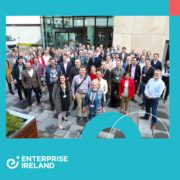
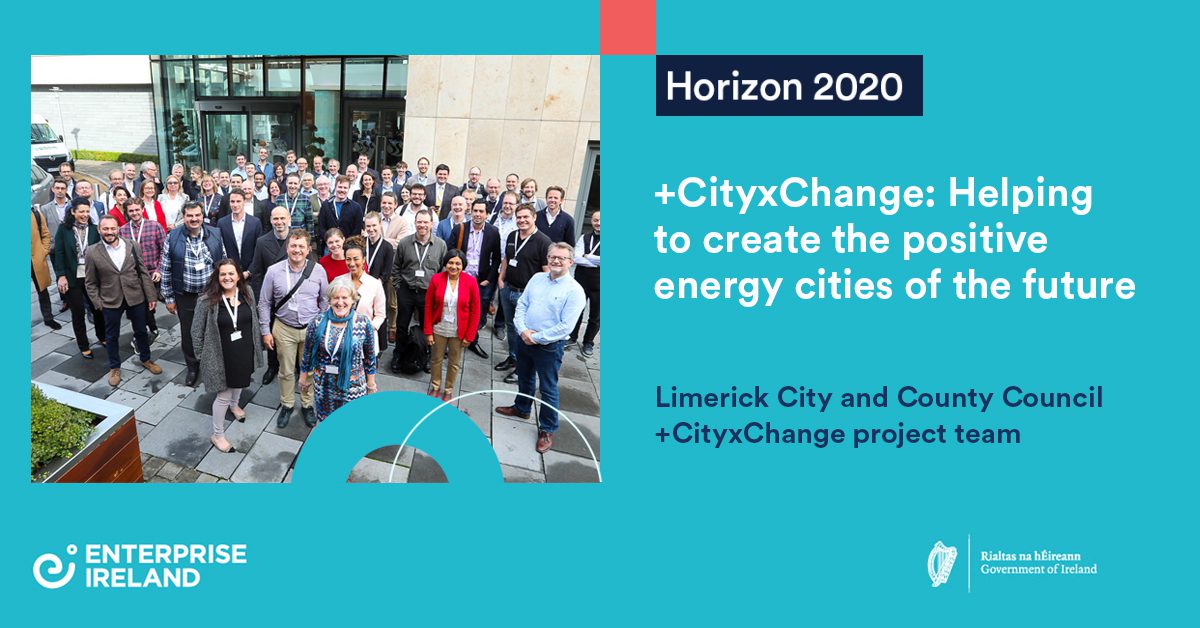


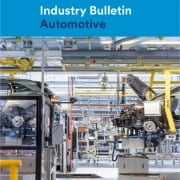
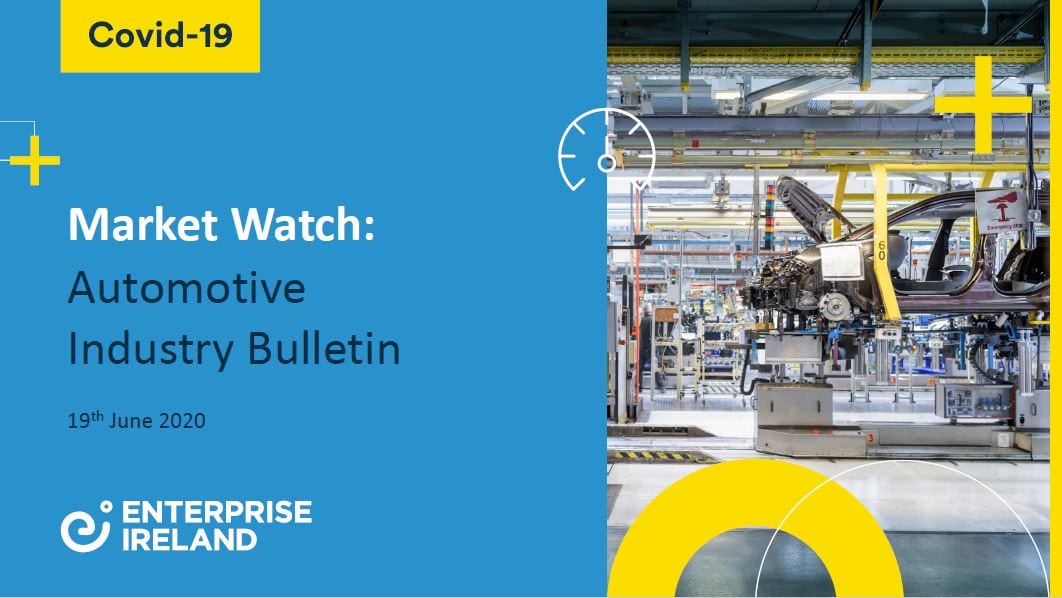
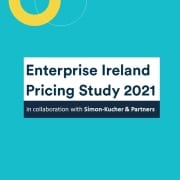
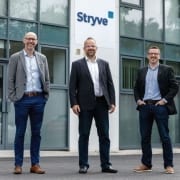
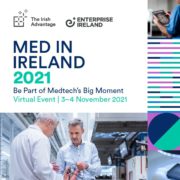
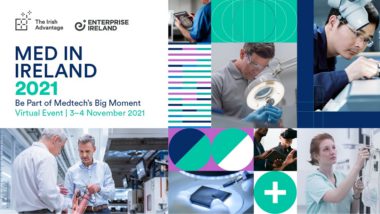

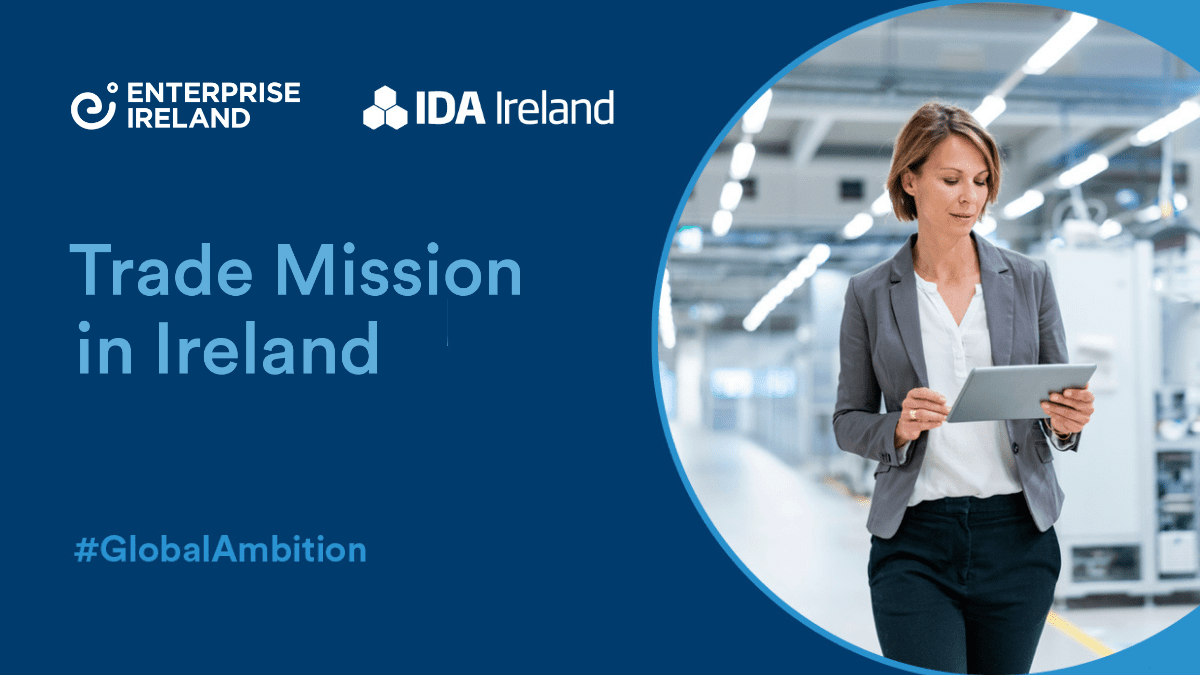 In the not-too-distant past, companies wishing to establish a successful business relationship with firms overseas, would have relied heavily on international travel and perhaps an office or ‘boots-on-the-ground’ in the country in question.
In the not-too-distant past, companies wishing to establish a successful business relationship with firms overseas, would have relied heavily on international travel and perhaps an office or ‘boots-on-the-ground’ in the country in question.